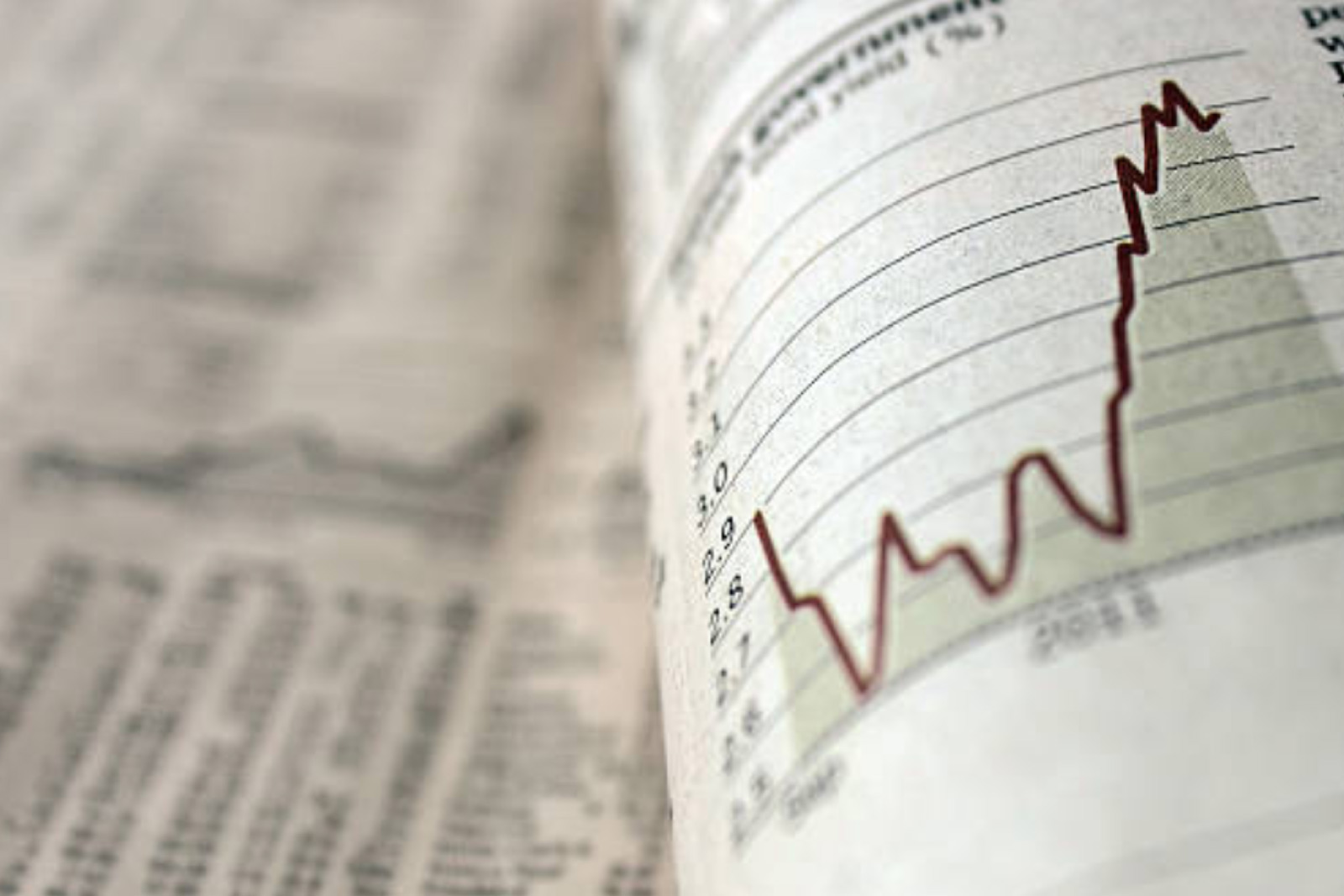Intermarket analysis studies the relationships between asset classes, typically currencies, bonds, commodities, and stocks.
It can help traders generate broader trading ideas, reveal potential market turning points, or confirm other analysis methods.
The price action of currencies is often driven by their relationship with commodities, bonds, and stock indices.
For example, here are some traditional intermarket relationships:
- A falling U.S. dollar is viewed as positive for commodities prices, while a rising U.S. dollar is considered negative for commodities price.
- Falling bond prices/rising interest rates tend to be negative for stocks, while rising bond prices/falling interest rates are normally good for stocks,
- Rising commodities prices are historically a sign of economic growth which is good for the stock market and negative for bond prices.

Whew!
That’s a lot of intermarket correlations to remember! And that’s just a couple of intermarket relationship examples.
Here’s a neat one-page cheat sheet for you to bookmark and make it easy for you!
| If | Then | Why |
|---|---|---|
Gold |
USD |
During times of economic unrest, investors tend to dump the dollar in favor of gold. Unlike other assets, gold maintains its intrinsic value. |
Gold |
AUD/USD |
Australia is the third biggest gold producer in the world, sailing out about $5 billion worth a year. |
Gold |
NZD/USD |
New Zealand (rank 25) is also a large producer of gold. |
Gold |
USD/CHF |
Over 25% of Switzerland’s reserves are backed by gold. As gold prices go up, the pair moves down (CHF is bought). |
Gold |
USD/CAD |
Canada is the 5th largest producer of gold in the world. As the gold price goes up, the pair tends to move down (CAD is bought). |
Oil |
USD/CAD |
Canada is one of the top 5 oil producers in the world. It exports around 5..5 million barrels of oil a day to the U.S. As oil prices go up, the pair moves down. |
Gold |
EUR/USD |
Since both gold and euro are considered “anti-dollars,” if the price of gold goes up, EUR/USD may go up as well. |
Bond yields |
Local Currency |
An economy that offers higher returns on its bonds attracts more investments. This makes its local currency more attractive than that of another economy, offering lower returns on its bonds. |
Dow |
Nikkei |
The performance of the U.S. economy is closely tied to Japan. |
Nikkei |
USD/JPY |
Investors consider the yen as a safe-haven and tend to seek it during periods of economic distress. |











































